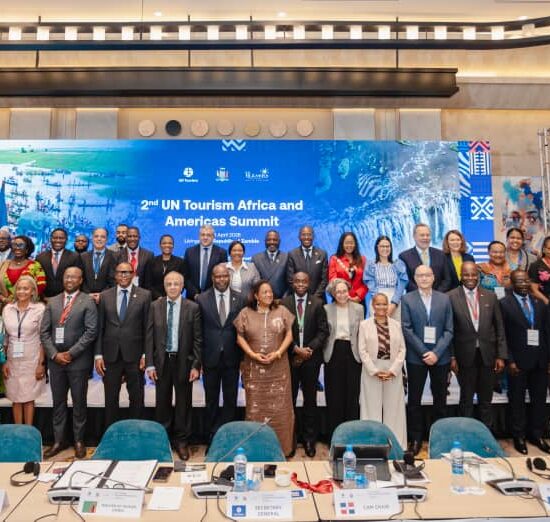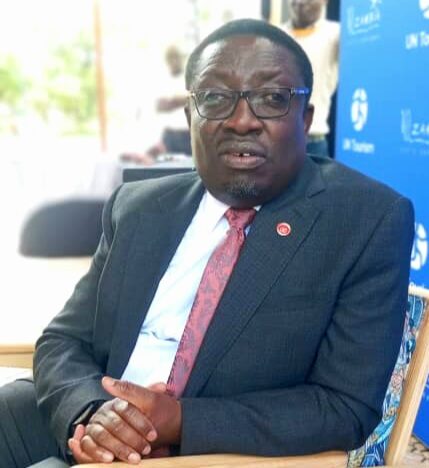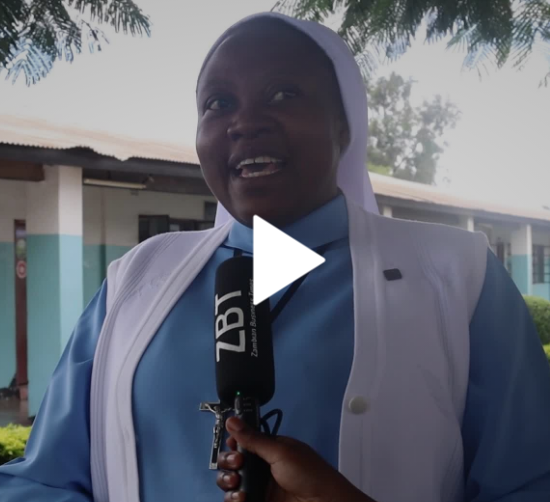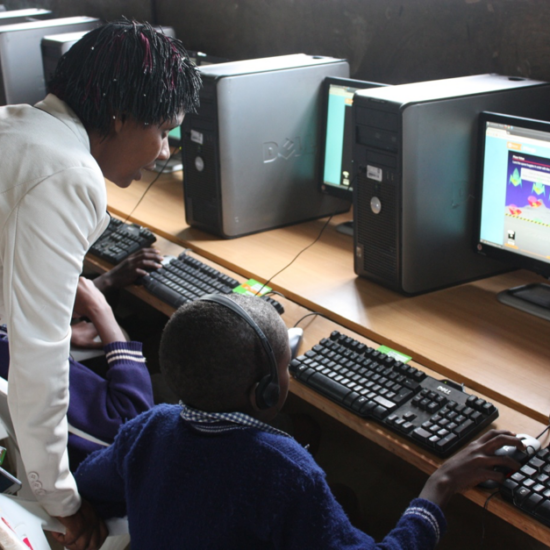The state owned power utility Company and Zambia’s energy giant ZESCO has disclosed that it has progressed procurement for the development of its first 150 megawatts solar power station out of the planned three that will be situated in three different provinces.
ZESCO’s Managing Director Victor Mapani the country’s hydropower generating portfolio which makes up 86% of the country’s installed power generating capacity, and despite its installed capacity being in excess of the of demand, all being equal, it has seasonally failed to yield adequate capacity to meet demand, hence the perennial deficit which occasions load shedding as has been the case.
He said in medium term, the power utility company is focused on expanding its power generation mix by investing in other renewable energy sources. No plans for development of nuclear power plant was announced, though most industrialized countries in the world have them.
Mapani explained during a media briefing monitored by the Zambian Business Times – ZBT that the corporation targets to on board a renewable energy composed of a minimum of 800MW of solar energy, 500MW of wind energy and 500MW of hydro in the next 10 years.
He said the tender for its first 150 megawatts solar power stations closes in April 2023 after which they expect to accelerate the project to the construction stage as they anticipate for the commissioning in 2024.
The power Utility Company has embarked on an investment drive that will see all provinces have at least one solar PV farm. The initial plan is to start with 150MW as part of the strategic plan to which aims to construct up to 800 megawatts of on-grid solar power generation by 2032.
Solar projects in Zambia have received a major boost after President Hakainde Hichilema clinched and witnessed the signing the of a memorandum of Understanding – MoU and a landmark joint development Agreement – JDA between Zambia and the United Arab Emirates – UAE to facilitate a US $2 billion investment in renewable energy in Zambia.
Meanwhile, Mapani said the recent signing of a $2 billion dollar solar deal with MASDAR of the United Arab Emirates facilitated by President Hakainde Hichilema is one emphatic step that will boost the country’s power generation capacity.







